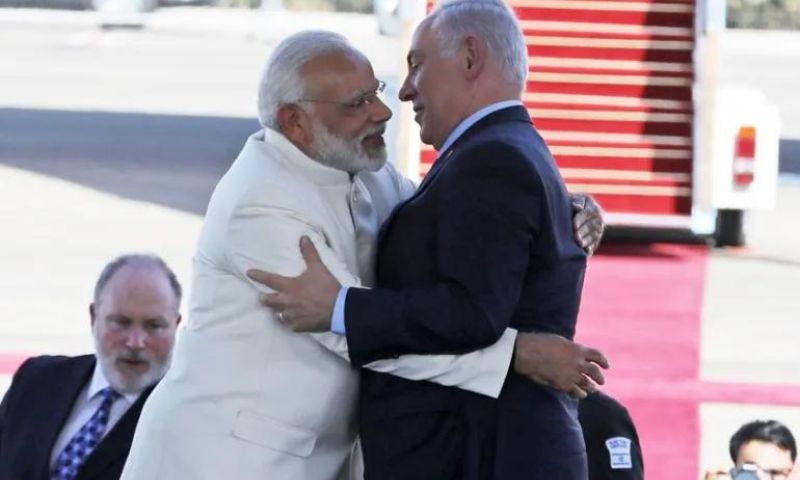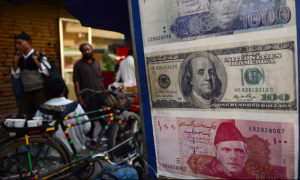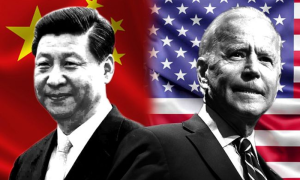NEW DELHI: In the wake of the ongoing conflict between Israel and Hamas, social media in India has become a battleground for misinformation, sparking a surge in pro-Israel sentiment despite Israel’s brutalities against innocent Palestinians in Gaza.
While the conflict between Israel and Palestine has historically been a divisive issue, India’s stance appears to be evolving. Experts note a rise in anti-Muslim sentiment, linked to the increasing influence of Hindu nationalist ideologies like Hindutva. Apoorvanand, a Delhi University professor, suggests that Hindu nationalists view Israel as a model, admiring its strong stance against perceived threats.
According to Nicolas Blarel, an associate professor of international relations at Leiden University, India’s growing fascination with Israel can be attributed to several factors, including India’s own security concerns due to border disputes with China. Blarel highlights that the so-called fight against terrorism has brought Modi’s Bharatiya Janata Party (BJP) closer to Israel.
Change in India’s Foreign Policy
India’s foreign policy has undergone a major change in recent years, particularly since Modi came to power in 2014. India and Israel have strengthened their ties through military cooperation.
In the current context of the Israel-Hamas conflict, Modi’s government has expressed strong support for Israel, drawing criticism for its one-sided stance. While India initially voiced solidarity with Israel without mentioning the Palestinian plight, the government later clarified that its stance on Palestine remained unchanged. Analysts speculate that Modi’s statements align with his efforts to appeal to his right-wing constituency, potentially contributing to further polarization.
Critics argue that Modi’s approach reflects a shift towards a more pro-Israel stance, sidelining the Palestinian perspective. Ashok Swain, head of the department of peace and conflict research at Uppsala University in Sweden, suggests that Modi’s rhetoric echoes the ideologies shared by Hindu nationalists and Zionists.

























